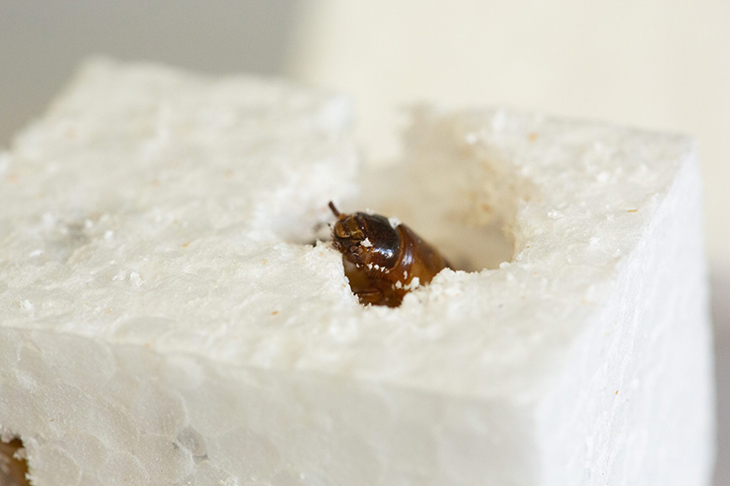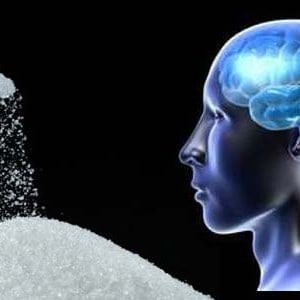
People make use of Styrofoam, or what is otherwise known as polystyrene, to package products and to keep fragile materials safe from the outside elements. No one really thought about how these are actually very detrimental to the environment.
Polystyrenes don’t dissolve quickly. When these are discarded, it takes decades before they fully decompose. However, there may be a worm that may just have a taste for them, which gives researchers hope when it comes to recycling.
They have called this decomposer a ‘superworm’ and they have an appetite for polystyrene. The research had been done and they hypothesized how this could be the answer to plastic recycling on a mass scale. This was according to a new study made on the worms and the polystyrene they consumed.
This specific species of worms is capable of munching through plastic waste because of a bacterial enzyme found in their gut, as according to the Australian scientists involved in the study. Dr. Chris Rinke and his team from the University of Queensland’s School of Chemistry and Molecular Biosciences made some remarkable observations. They fed these ‘superworms’ different diets in a three-week span of time. Some were even provided with polystyrene foam, others were given bran, and the rest were placed on a fasting diet.
They found out that the common Zophobas morio ‘superworms’ are able to eat their way through polystyrene. “We found the superworms fed a diet of just polystyrene not only survived, but even had marginal weight gains,” Dr Riske said. “This suggests the worms can derive energy from the polystyrene, most likely with the help of their gut microbes.”
The research team utilized a technique that’s known as metagenomics in order to find several encoded enzymes that have the ability to degrade polystyrene and styrene. Dr Riske says that the team has a long-term goal and that is to be able to engineer enzymes that are able to break down plastic waste in recycling plants via mechanical shredding, after which comes enzymatic biodegradation.
“Superworms are like mini recycling plants, shredding the polystyrene with their mouths and then feeding it to the bacteria in their gut,” he said. “The breakdown products from this reaction can then be used by other microbes to create high-value compounds such as bioplastics,” he also added.
The team has hopes that this new method of ‘bio-upcycling’ will incentivize plastic waste recycling and reduce landfills that have accumulated over the past several decades. Study co-author Jiarui Sun said that their goal is to grow the gut bacteria in the lab and do more tests in order to see the worm’s ability to degrade polystyrene.
“We can then look into how we can upscale this process to a level required for an entire recycling plant,” PhD candidate Ms. Sun explained.
Dr. Rinke also said there are several available opportunities for the biodegradation of plastic waste. “Our team is very excited to push the science to make it happen,” he added.
The findings of the study had been published in the journal Microbial Genomics.
What are your thoughts? Please comment below and share this news!
True Activist / Report a typo
